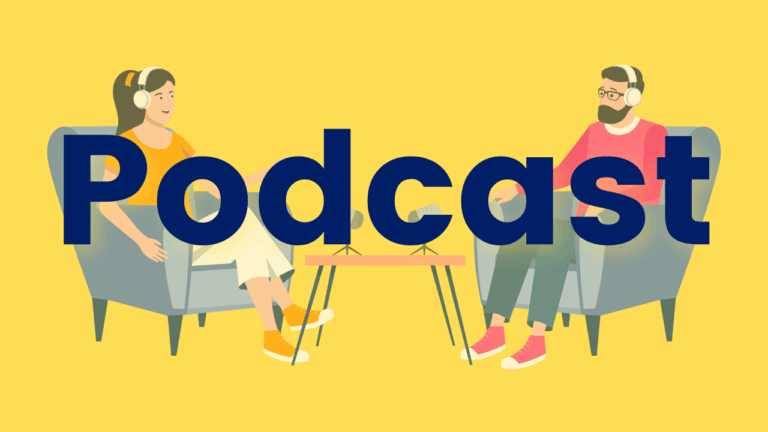What are the two steps of revising writing?
Joan Sedita, founder of Keys to Literacy, explains the two key steps students need to learn in the revision process when writing: thinking critically about what they have written and how they can make improvements and proofreading.


